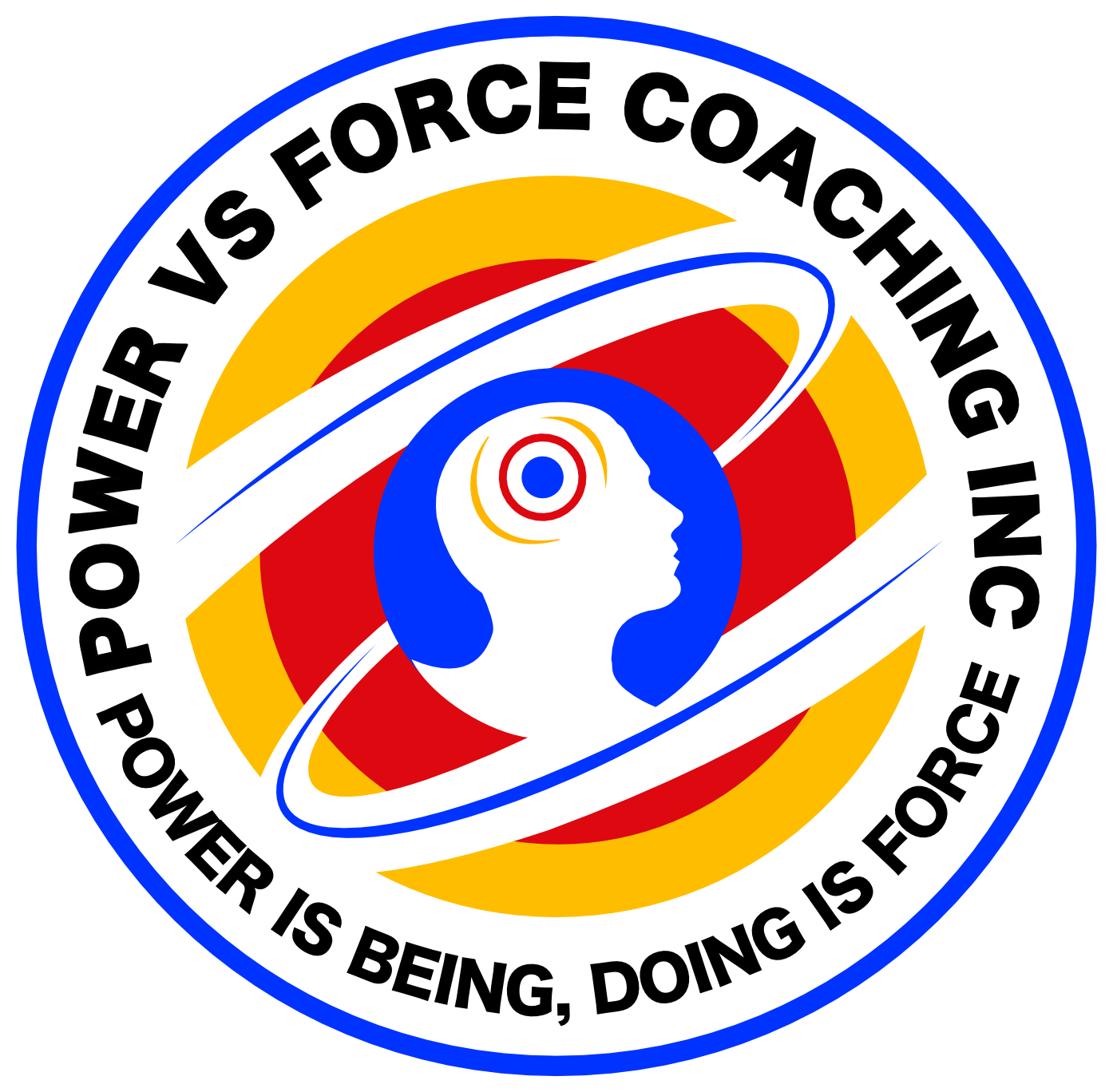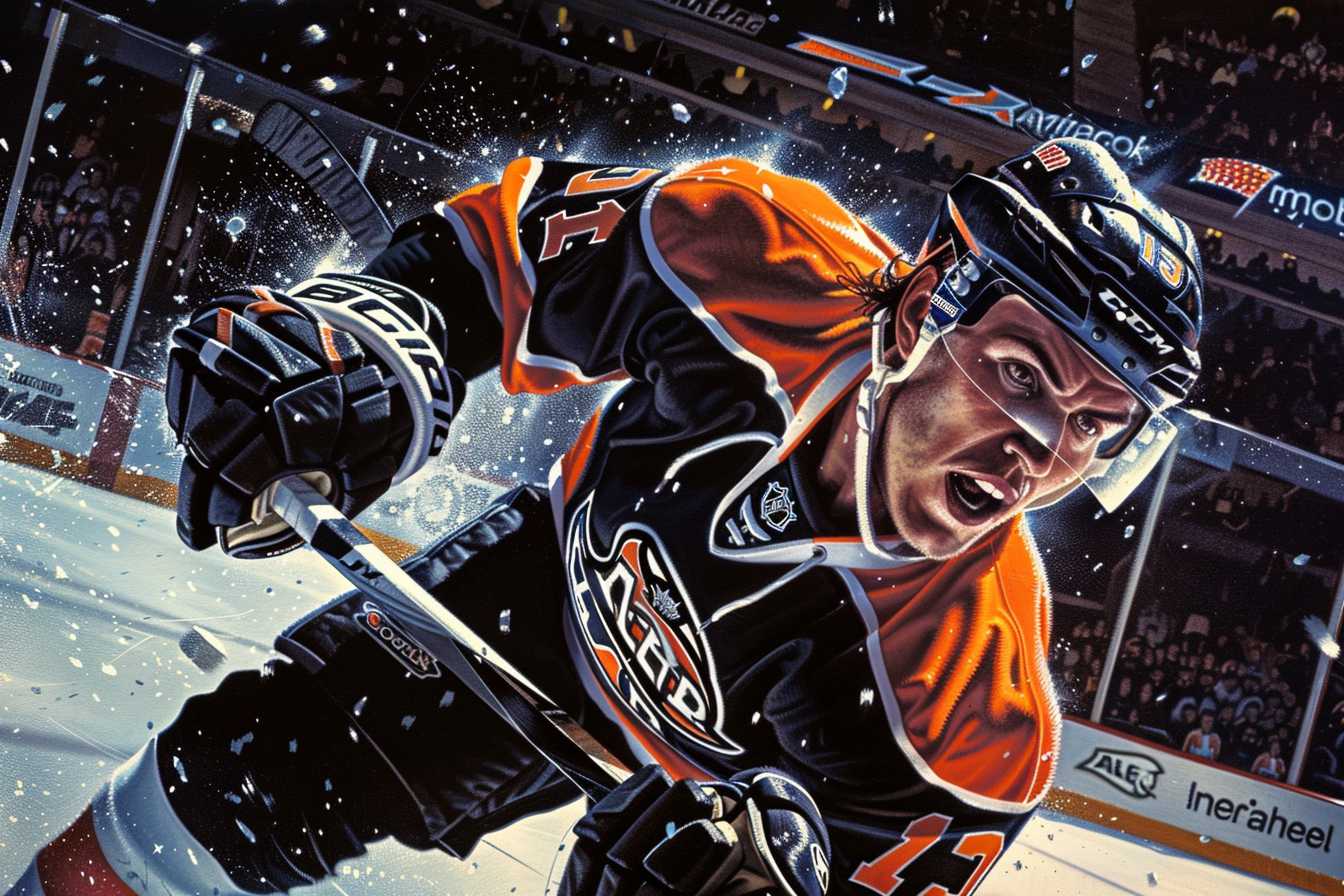“Success isn’t a straight line. It’s a path with setbacks, detours, and hard lessons. Resilience is what keeps you on that path, no matter how tough it gets.” Steve Yzerman
Every player in the world of competitive hockey must at some point deal with the difficulty of a poor
performance. It may be feel defining, like it could ruin all your hard work up to this point. However, as a
COR.E Performance Dynamics Specialist, I advocate for a critical psychological shift: transitioning from
catastrophizing these situations to embracing resilience. This way of thinking is not just about getting
better; it’s also where real character is developed, and deep learning takes place.
Understanding Catastrophizing
When you think something is going to happen or see something as much worse than it really is, you are
catastrophizing. This could mean that a hockey player thinks that one bad game will end their playing
time, make them less valuable to the team, or label them as a loser. This way of thinking can be
completely crippling, causing more stress and low self-esteem, and starting a downward spiral that can
affect future results.
The Power of Resilience
In contrast, resilience is the power to get back up after a failure, adjust to tough situations, and keep
going. It’s about seeing problems not as impossible to solve but as chances to learn and grow. Resilience
for hockey players means recognizing when they did badly without letting it define them. It’s realizing
that there’s always a chance to win and that slip-ups aren’t failures but rather opportunities to learn and
grow.
Why Resilience Matters
- Supports a Growth Mindset: Players who are resilient are more likely to have a growth mindset, which means they believe that their skills can improve with commitment and hard work. This point of view pushes people to keep learning and changing, which are important skills for winning in any competitive sport.
- Improves Performance: Players can get over their fear of failing, which holds many of them back, by focusing on perseverance. When they are motivated, they’re more likely to take risks, push themselves, and improve their ability on the ice.
- Encourages Teamwork: Being resilient spreads to others. When things go wrong, a team with resilient players is more likely to help each other, adapt, and stick together. This shared toughness can mean the difference between giving up when things get tough and rising to the challenge.
- Strengthens Character: Getting through tough times strengthens character. Players learn how to be persistent, humble, and understand the worth of hard work. When players learn these lessons, they become stronger people in all parts of their lives, not just on the ice.
Cultivating Resilience
Building resilience takes work and purpose. Realizing when negative thoughts start to creep in and
deciding to change the way you think about them is the first step. It can help to keep things in
perspective by setting attainable, process-oriented goals instead of focused only on results. Creating a
solid of support within the team and teaching staff also acts as a safety net, giving players the tools and
encouragement needed to get back on track.
In the highly competitive world of hockey, it is important not to let one bad game ruin your whole
season. When players are resilient, they can really grow. They can learn from every mistake and change
with every challenge. This journey is not just about getting better as a hockey player; it is also about
becoming a person who can handle any task, on or off the ice. As COR.E Performance Dynamics
Specialists, I help players go through this process of change and explain them that true greatness is
achieved in the fire of adversity.





